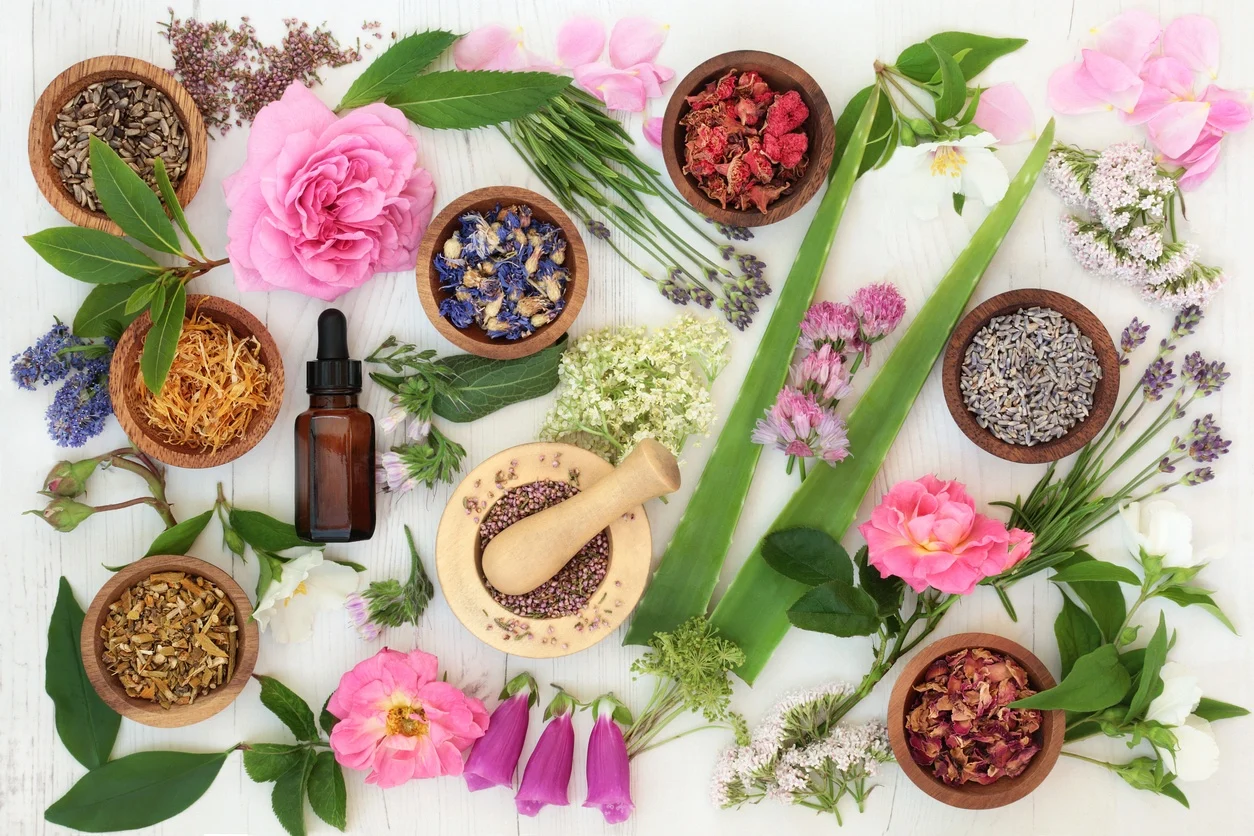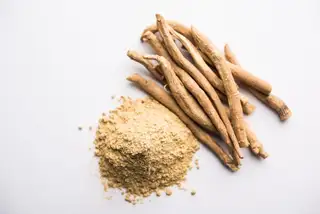
Natural Stress Relief Therapy with Herbal Plants
In today's fast-paced world, stress has become an inevitable part of life. While moderate stress can be motivating, chronic stress can have detrimental effects on both physical and mental health. Fortunately, nature has provided us with a variety of herbal plants that can help alleviate stress and promote a sense of calm and well-being.
1. Introduction to Herbal Stress Relief
Herbal plants have been used for centuries to treat a variety of ailments, including stress. These natural remedies work to calm the nervous system, reduce anxiety, and improve mood, offering a safe and effective alternative to pharmaceutical options.
2. Valerian Root (Valeriana officinalis)
Valerian root is one of the most well-known herbs for stress relief. It has been used traditionally to treat insomnia and anxiety, and modern research supports its effectiveness in reducing the symptoms of stress .
3. Passionflower (Passiflora incarnata)
Passionflower is another herb that has gained popularity for its calming effects. It is believed to have anxiolytic properties, helping to reduce stress and anxiety levels without causing drowsiness .
4. Lavender (Lavandula angustifolia)
Lavender is renowned for its soothing scent and calming effects. When used in aromatherapy or consumed as a tea, lavender can help to promote relaxation and improve sleep quality, which are essential for stress relief.
5. Lemon Balm (Melissa officinalis)
Lemon balm, also known as melissa, has been used for its calming properties since ancient times. It can be consumed as a tea or used topically in the form of a balm to help reduce stress and anxiety.
6. Holy Basil (Ocimum tenuiflorum)
Also known as tulsi, holy basil is an adaptogenic herb that helps the body adapt to stress. It has been used in Ayurvedic medicine to reduce stress and improve overall well-being.
7. Ashwagandha (Withania somnifera)
Ashwagandha is a powerful adaptogen that has been shown to help the body handle stress. It can improve the body's resistance to physical and emotional stress, promoting a sense of calm and balance.
8. St. John's Wort (Hypericum perforatum)
St. John's Wort is commonly known for its use in treating depression, but it also has potential benefits for stress relief. It contains compounds that can help to regulate mood and improve emotional well-being.
9. Kava (Piper methysticum)
Kava is a traditional Pacific Island plant that has been used for centuries to promote relaxation and reduce anxiety. It is known for its calming effects on the nervous system.
10. Rhodiola Rosea (Rhodiola rosea)
Rhodiola rosea is an adaptogenic herb that helps to increase the body's resistance to stress. It can improve mental performance and reduce feelings of fatigue and stress.
11. How to Incorporate Herbal Plants into Your Routine
Incorporating these herbs into your daily routine can be as simple as drinking a cup of herbal tea, using essential oils for aromatherapy, or taking herbal supplements. It is important to start with a low dose and gradually increase as needed.
12. Precautions and Considerations
While herbal remedies are generally safe, it is important to consult with a healthcare professional before starting any new supplement regimen, especially if you are pregnant, breastfeeding, or taking medications.
Conclusion
Herbal plants offer a natural and effective way to support stress relief and promote overall well-being. By incorporating these plants into your daily routine, you can harness their calming properties to help manage stress and improve your quality of life. Remember to approach herbal therapy with care and seek professional advice to ensure safety and effectiveness.





